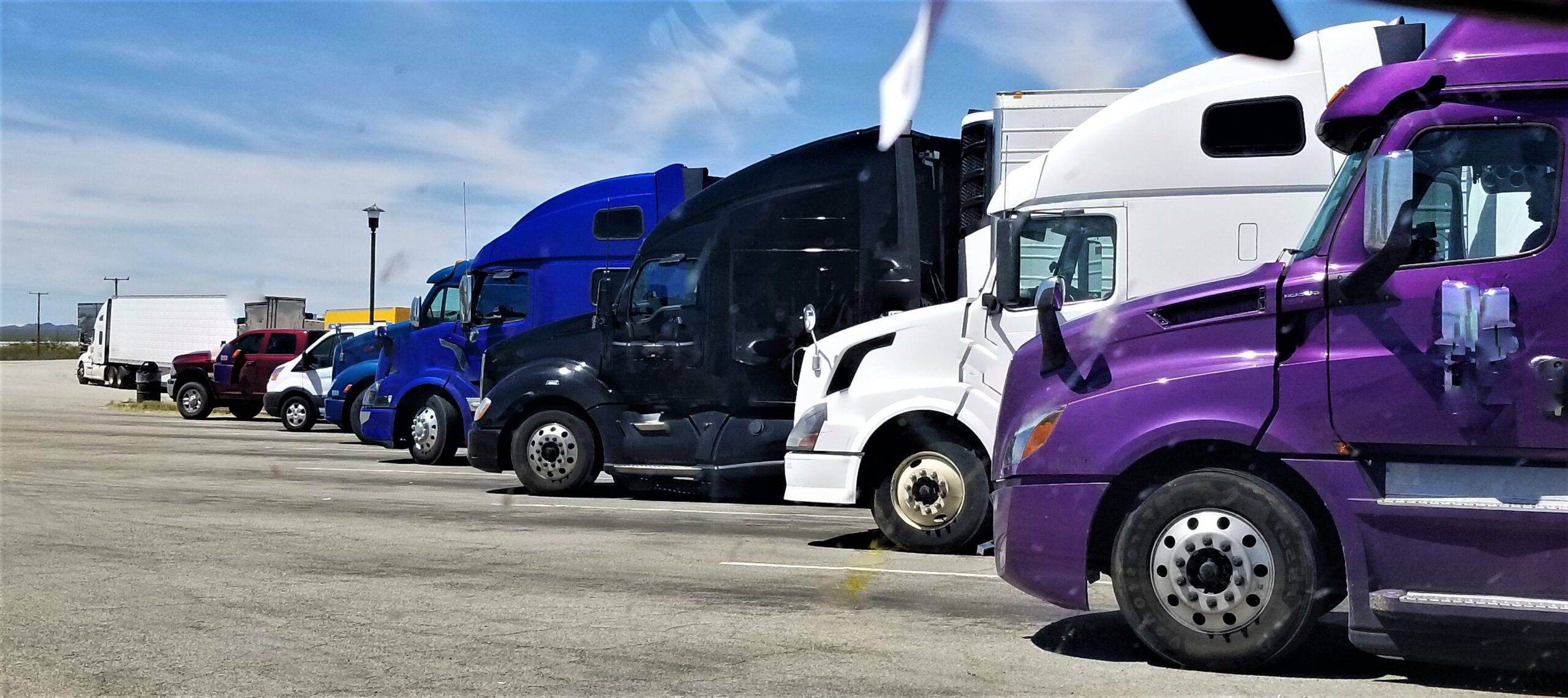Government Regulations in the Trucking Industry
The trucking industry is a vital component of the global supply chain. It’s responsible for the movement of goods and services throughout the world. As the backbone of many economies, it is subject to various government regulations aimed at ensuring safety, environmental sustainability, and fair labor practices. However, the impact of these regulations on the trucking industry can be both positive and negative. In this blog post, we will explore the various ways in which government regulations affect the trucking industry. We also offer recommendations for striking a balance between industry growth and public interest.
Safety Regulations
One of the primary reasons for government involvement in the trucking industry is to ensure the safety of both truck drivers and the general public. Regulations such as hours-of-service rules, vehicle inspection requirements, and driver training standards all contribute to reducing the risk of accidents. While these regulations undoubtedly save lives, they can also impose significant costs on trucking companies. Particularly, smaller operations that may struggle to meet the stringent requirements.
Environmental Regulations
As concerns about climate change and air pollution continue to grow, governments have increasingly focused on implementing regulations to reduce the environmental impact of the trucking industry. These regulations include emissions standards, fuel efficiency requirements, and the promotion of alternative fuels such as electric or hydrogen-powered trucks. While these measures are essential for addressing environmental concerns, they can also impose significant financial burdens on trucking companies. Investing in new, environmentally friendly vehicles and technologies can be costly, and not all companies have the resources to make these investments.
Labor Regulations
Governments also regulate the trucking industry to protect the rights and well-being of truck drivers. Regulations around minimum wage, overtime pay, and worker benefits aim to ensure that drivers are fairly compensated for their work. Additionally, rules governing driver fatigue and mandatory rest breaks help promote the health and safety of drivers by preventing overwork. However, these regulations can also contribute to increased labor costs and driver shortages, as some drivers may leave the industry in search of more flexible or higher-paying opportunities.
Conclusion
Government regulations within this industry serve a vital purpose, promoting safety, environmental sustainability, and fair labor practices. However, the costs associated with compliance can negatively impact the growth and profitability of trucking companies, particularly smaller operations.
To strike a balance between industry growth and public interest, governments should consider providing incentives and support to help trucking companies transition to more environmentally friendly technologies and practices. Additionally, fostering collaboration between regulators and industry stakeholders will help create a more nuanced understanding of the challenges faced by trucking companies and facilitate the development of effective, targeted regulations.
In conclusion, government regulations play a critical role in shaping the trucking industry. By working together, regulators, industry leaders, and trucking companies can develop policies that not only protect the public interest but also promote a thriving and sustainable trucking industry for years to come.
Enjoy reading? See our other blog about the Economic Impact of the Trucking Industry on California.
Follow us on Facebook to keep up on more employment trends.


